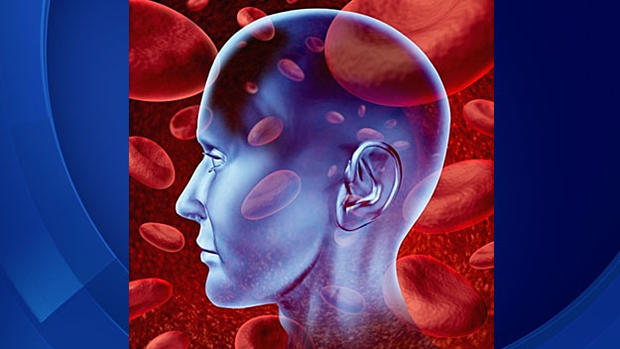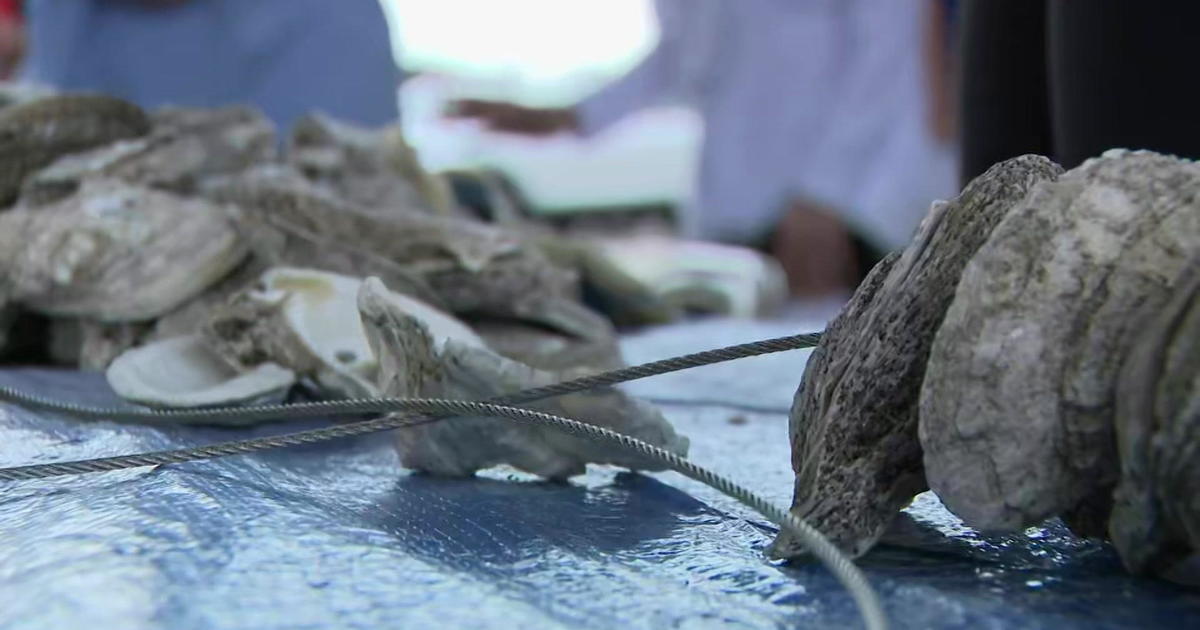Mental Illness and Addiction: Nature vs. Nurture
During National Recovery Month, which is September, we took a look at new perspectives on the causes of addiction. The concept of nature versus nurture in psychology has been controversial since its introduction in the 19th century. There are numerous viewpoints on the impact one's genetic disposition has on one's life in comparison to the environment in which they are raised. Today most would assert addiction is a complex combination of both hereditary influences and circumstantial input, however it is still an interesting question to pose: Does nature or nurture play more of a role in addiction and mental illness?
The Nature Behind Mental Illness and Addiction
For thousands of years it was believed that certain "spiritual ailments" (identified today as mental disorders) were caused by demonic activity or punishments for sinful behaviors. The practice of bloodletting and other more torturous methods of treating such conditions was still commonplace even as scientists discovered that physical causes were to blame for the disorders. Though today we think of lumbotomy as a barbaric and cruel surgery, the scientists and doctors of the past were on to something; a disturbance in the brain was causing the symptoms and behavior they attempted to correct.
Modern science has made great strides in identifying the causes of mental illness and addiction. By studying the brains of those afflicted with these disorders, they have determined that chemical imbalances and even physical deformities such as tumors can cause psychological distress and bizarre behaviors. Studies conducted by genealogists and neurologists also point to possible biological dispositions for these conditions. Children of addicted parents are three to four times more likely to become addicts as well. Indeed, most people suffering from substance abuse disorders and/or mental illness have an immediate family member or intermediate family member that also suffers from an affliction. However, this statistic is also used to argue that environmental exposure to drugs contributes to problems with addiction.
Nurturing an Addict: Environmental Triggers for Drug Dependency and Abuse
As stated before, children are three to four times more susceptible to addiction if exposed to drug or alcohol use in their everyday environment. While this typically occurs in the home via parents, exposure through relatives, friends and their families, or the neighborhood climate has the same effect. By normalizing drug use and addictive behavior, a child is more likely to experiment with illicit substances early in life and addiction forms soon after. Though this is by no means absolute (children that are exposed to these types of experiences are not guaranteed to experiment or become addicted), the correlation between childhood experiences and adult choices is clear.
The correlation between drug abuse and childhood experiences is not limited to children directly exposed to drug use, either. Children of parents who suffer from mental disorders are also more likely to turn to drugs. Victims of child abuse, molestation, or rape often turn to drugs as a means to cope with ordeals they do not understand and cannot correctly process. Emotional and behavioral disorders may also develop. Rehabilitation centers often feature therapy to address the causes of addiction in sufferers and help rectify the damage drug use has only worsened.
Nature, Nurture, or Both?
The reality is that life is a complex amalgamation of genetic input, cultural teachings, and life experiences. What most influences one's choice fluctuates on an individual basis and may even vary depending on the situation. Understanding and treating substance abuse and dependency is best achieved when one stops looking to lay blame on any one source and begins to treat the individual as a dignified, worthy human being in need of help.
Above content is provided by Harbor Village Detox & Treatment Center.






